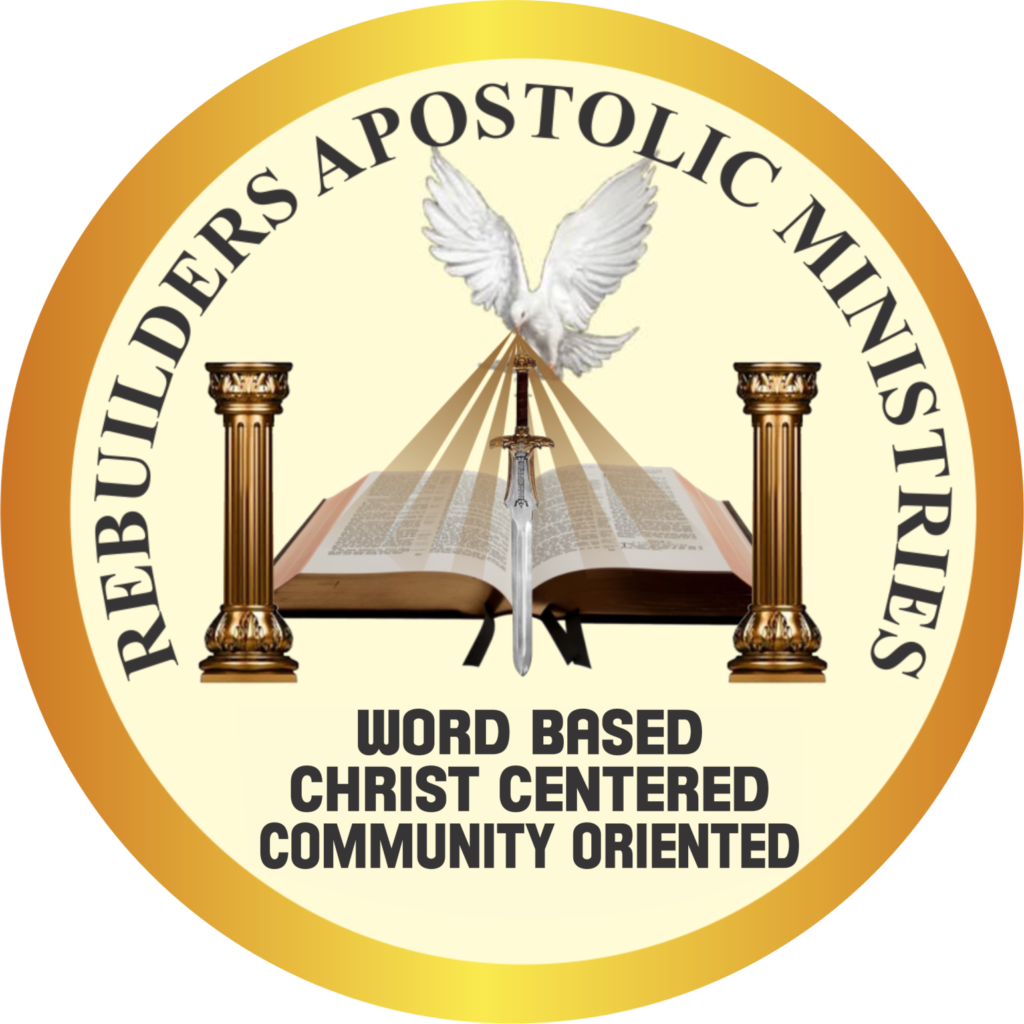1 Chronicles 10:1–12:40
1The Philistines attacked Israel, and the men of Israel fled before them. Many were slaughtered on the slopes of Mount Gilboa.
8The next day, when the Philistines went out to strip the dead, they found the bodies of Saul and his sons on Mount Gilboa. 9So they stripped off Saul’s armor and cut off his head. Then they proclaimed the good news of Saul’s death before their idols and to the people throughout the land of Philistia.
10They placed his armor in the temple of their gods, and they fastened his head to the temple of Dagon. 11But when everyone in Jabesh-gilead heard about everything the Philistines had done to Saul, 12all their mighty warriors brought the bodies of Saul and his sons back to Jabesh. Then they buried their bones beneath the great tree at Jabesh, and they fasted for seven days.1 Chronicles 10:1, 8-12
Each one of us is endowed with the Power of Choice. We are given the ability to make our own decisions.
The Choices we make often reflect the conviction of our hearts 💕 . It is our Right to choose and Decide what we do and why we do it. However, in the same token, it is not given to us to change the outcome of the motion our choice put in place. Therefore, we must choose with the understanding of outcome.
This reading tells us about the death of King Saul, the halfway man. Even in dying Saul makes a bad choice.
Was Saul a man of thoughtful and thorough decision makers? You decide.
What matters here is that his devotion to God is halfhearted. As you read, note how Saul’s lackluster devotion influences his actions and leadership as king. In the end leading to severe consequences for himself and his family.
Saul made three mistakes in the way he live.
A. He actively did wrong, and he failed to do right (1 Chronicles 10:13-14).
B. He actively did wrong by disobeying God’s instructions (see 1 Samuel 13:1-14; 15:1-23).
C. He passively failed to do right by neglecting to ask God for guidance as he ran the kingdom.
Our responsibility to obey God is much the same—both passive and active. It is not enough just to avoid what is wrong; we need to actively pursue what is right.
How can we do this? We can avoid doing wrong by keeping God’s commandments—worshiping God alone, telling the truth, being faithful to a husband or wife, being content with what we have, loving our enemies.
We can actively pursue what is right by seeking God’s guidance through prayer and his Word.
In addition, we should take advantage of opportunities to serve God and others.
Shalom.
